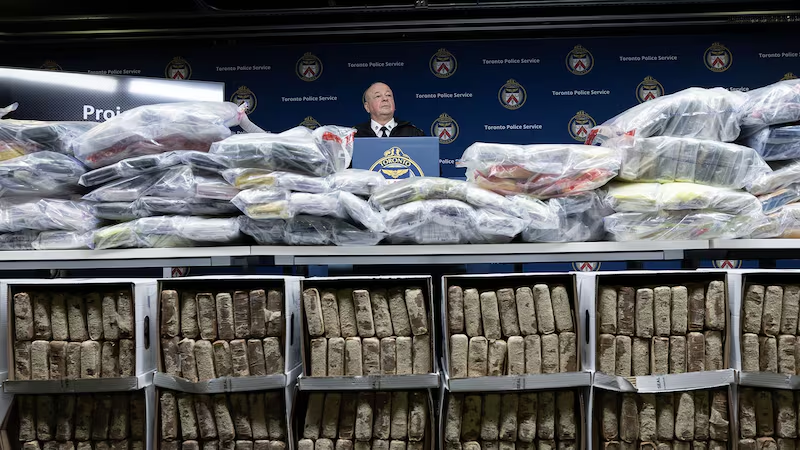MOSCOW -- Separatist leaders in eastern Ukraine on Tuesday announced a unilateral cease-fire starting at midnight Wednesday, which could be a major step in solving the conflict that has raged for more than two years.
The conflict between Russian-backed separatist rebels and Ukrainian government troops has killed more than 9,500 people since it began in April 2014. Representatives of Ukraine, the separatists and Russia signed a February 2015 Minsk peace deal brokered by France and Germany, but frequent clashes have continued to claim lives and political provisions of the agreement have never been implemented.
Alexander Zakharchenko, rebel leader in Donetsk, made the cease-fire announcement in a recorded statement aired on Russian television on Tuesday, berating Kyiv for a "lack of willingness to solve the problem in a peaceful manner."
Zakharchenko said he has ordered rebel troops to cease fire at midnight Wednesday and urged Ukraine to do the same.
Wearing a suit instead of his normal camouflage for the televised statement, the separatist leader said the rebels are "fully committed to the Minsk agreements" and see them as "the only solution."
Igor Plotnitsky, leader of the self-proclaimed part of the Luhansk region, also announced a cease-fire on Tuesday.
It's the first time that that the separatists, who are widely believed to be controlled by Moscow, have come with an idea of a unilateral cease-fire.
At least three government troops have been killed and 15 wounded in fighting in eastern Ukraine in the past 24 hours, officials said. One more person was reported missing.
In Donetsk, the rebel mouthpiece Donetsk News Agency said three of its men have been killed.
The announcement comes a few hours after Ukrainian President Petro Poroshenko said that he expects the parliament to vote soon on constitutional amendments granting more autonomy to Ukrainian provinces, including the rebellious eastern regions.
"Decentralization is a policy that has no alternative," Poroshenko tweeted Tuesday. "I expect the Verkhovna Rada to support the constitutional amendments regarding decentralization."
Ukraine has blamed Russia for not doing enough to get the rebels to relinquish control over parts of the Ukrainian-Russian border while Russia is unhappy that Ukraine still has not adopted the constitutional amendments.
On Wednesday, Poroshenko is set to meet with top diplomats from France and Germany, and also hold separate talks with the foreign ministers of Britain and Poland in what appears to be part of a diplomatic blitz to discuss the conflict settlement.
Before travelling to Kyiv, German Foreign Minister Frank-Walter Steinmeier said that after talking with Ukraine and Russia on Monday he believes it is possible "to agree now, and without preconditions, on a durable cease-fire." He added that he and his French counterpart, Jean-Marc Ayrault, "will not let up in reminding the parties to the conflict of their responsibility for a political solution in eastern Ukraine and the implementation of the Minsk agreements, in Kyiv and in Moscow."
"Our proposals are on the table, for making the cease-fire permanent and for the political process," Steinmeier said, adding that he will also be speaking to Ukrainian lawmakers to discuss what can be done to get the Minsk process moving. "There needs to be readiness to compromise on all sides, and there needs to be the will to translate what is agreed into action."
Darka Olifer, spokeswoman for the Ukrainian envoy at the talks with the separatists, said in a Facebook post on Tuesday that the representatives at the talks, conducted via a video link on Tuesday, supported the idea of a cease-fire.
Geir Moulson in Berlin contributed to this report.
























































































